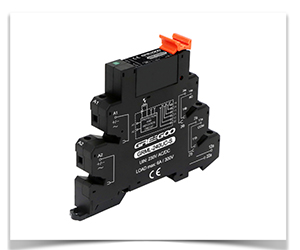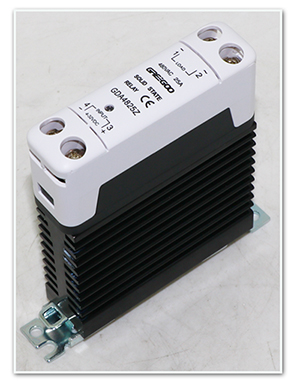Socket Solid State Relay and Solid State Relay with Integrated Heatsink, what's the difference between feature and application
Socket Solid State Relay
Features:
- Design: Socket solid state relays are designed to be inserted into standard relay sockets, making installation and replacement convenient.
- Ease of Maintenance: The socket design simplifies maintenance and replacement.
- Flexibility: They can be easily swapped and used in different applications.
Applications:
- Suitable for situations requiring frequent replacement or maintenance.
- Commonly used in industrial automation, heating control, and similar fields.
Solid State Relay with Integrated Heatsink
Features:
- Thermal Performance: The integrated heatsink design enhances the relay's heat dissipation capability, making it suitable for high-power applications.
- Compact Design: The integration of the heatsink results in a more compact design, saving space.
- Reliability: The integrated heatsink increases the relay's reliability by reducing the risk of overheating.
Applications:
- Suitable for high-power and high-temperature environments, such as motor control and heating equipment.
- Commonly used in industrial applications requiring high reliability and long lifespan.
These two types of solid state relays have their own advantages in design and application. The choice should be based on specific application needs and environmental conditions.
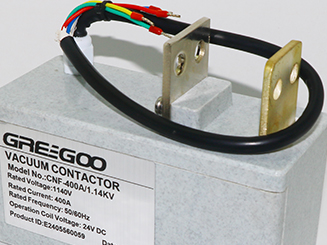
Function and Application of Fast Vacuum Contactor as Bypass Switch
Fast vacuum contactors, when used as bypass switches, are widely applied in scenarios requiring efficient power management and continuous power supply due to their fast switching and high reliability.
Read More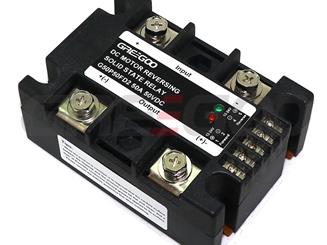
Greegoo's motor reversing solid state relays introduction
A motor reversing solid-state relay (SSR) is an electrical switching device used to control the direction of rotation of an electric motor, direction reversal, solid state technology, fast control with protection, Noiseless Operation, compact design, longer operational lifespan.
Read More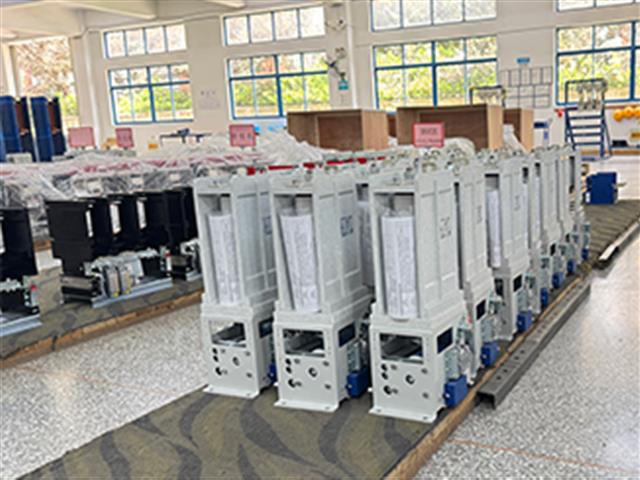
GVC/EVC Series Low Voltage Medium Voltage Vacuum Starter Contactor: Advanced Solutions for Reliable Motor Control in Various Industries
The GVC type is suitable for AC systems with a frequency of 50Hz or 60Hz, a rated voltage of 1140V, 1.5KV, 2KV, 3.6KV and a rated current ranging from 63A to 3200A. The EVC type is suitable for AC systems with a frequency of 50Hz or 60Hz, a rated voltage of 7.2KV, 12KV, 24KV, 36KV, 40.5KV and a rated current ranging from 250A to 800A.
Read More
12KV Vacuum Contactor with Vacuum Circuit Breaker Integrated - Frequent Switching under Higher Breaking Capacity 31.5kA
12KV 630A to 1250A 31.5KA Vacuum Contactor + Vacuum Circuit Breaker, frequently switching under high breaking capacity
Read More











